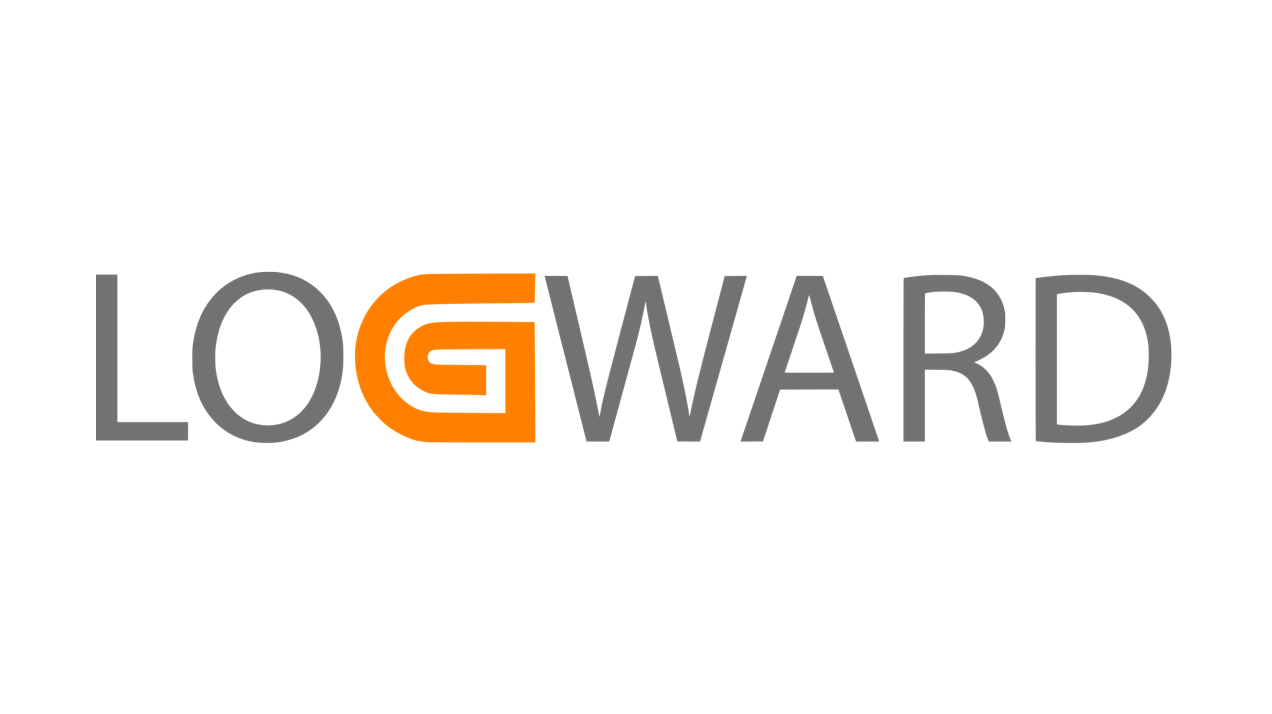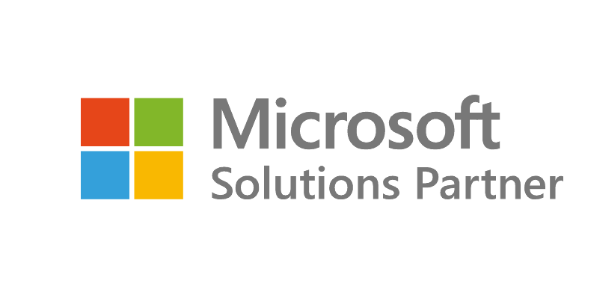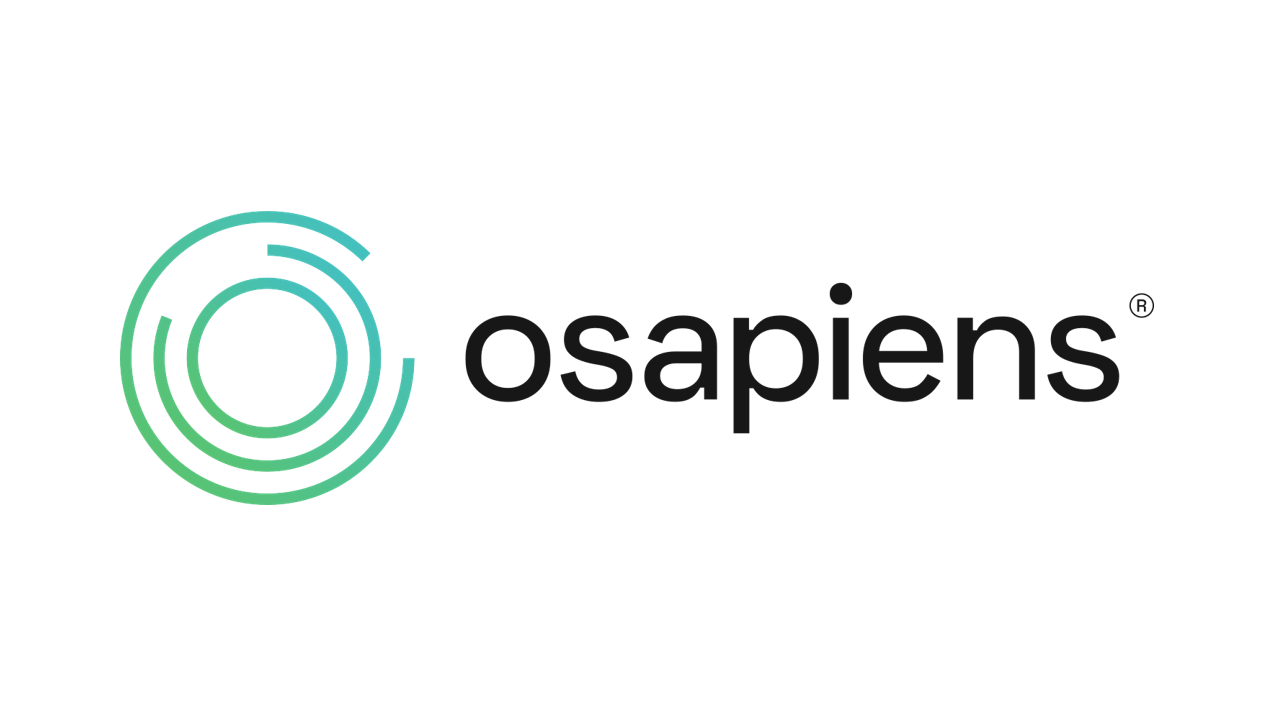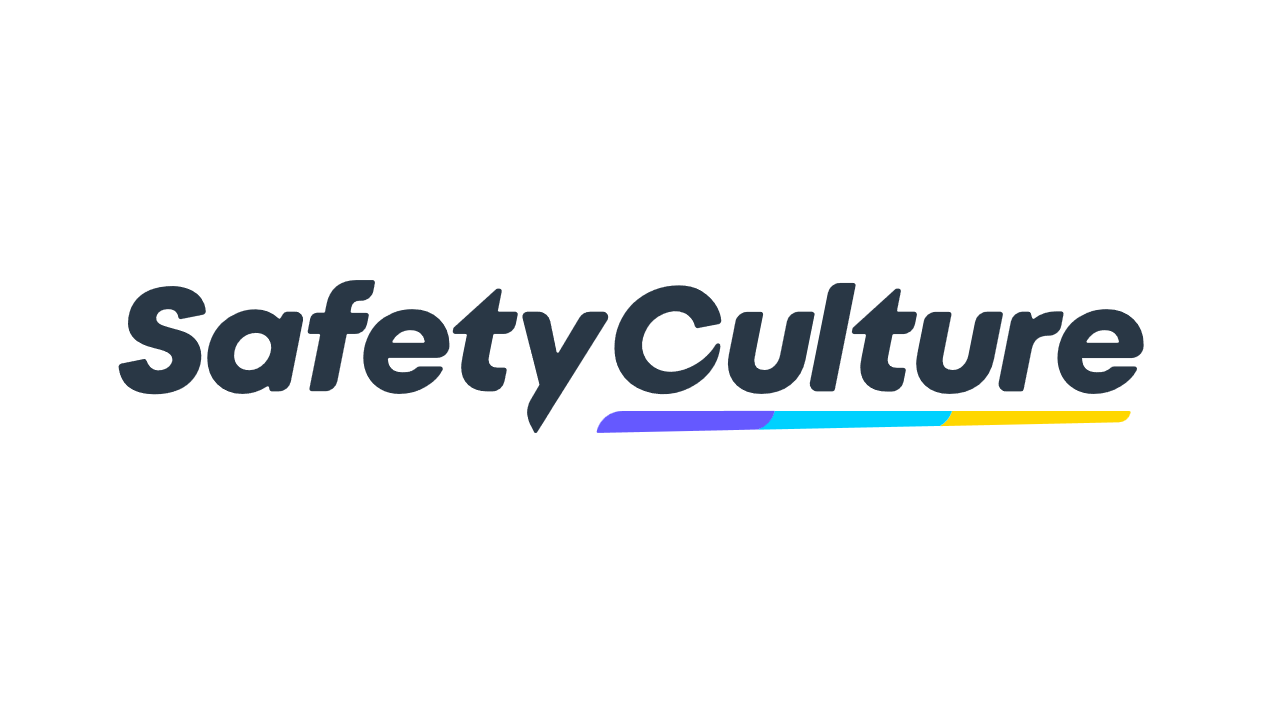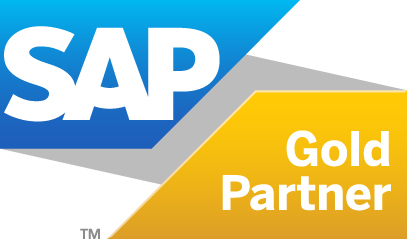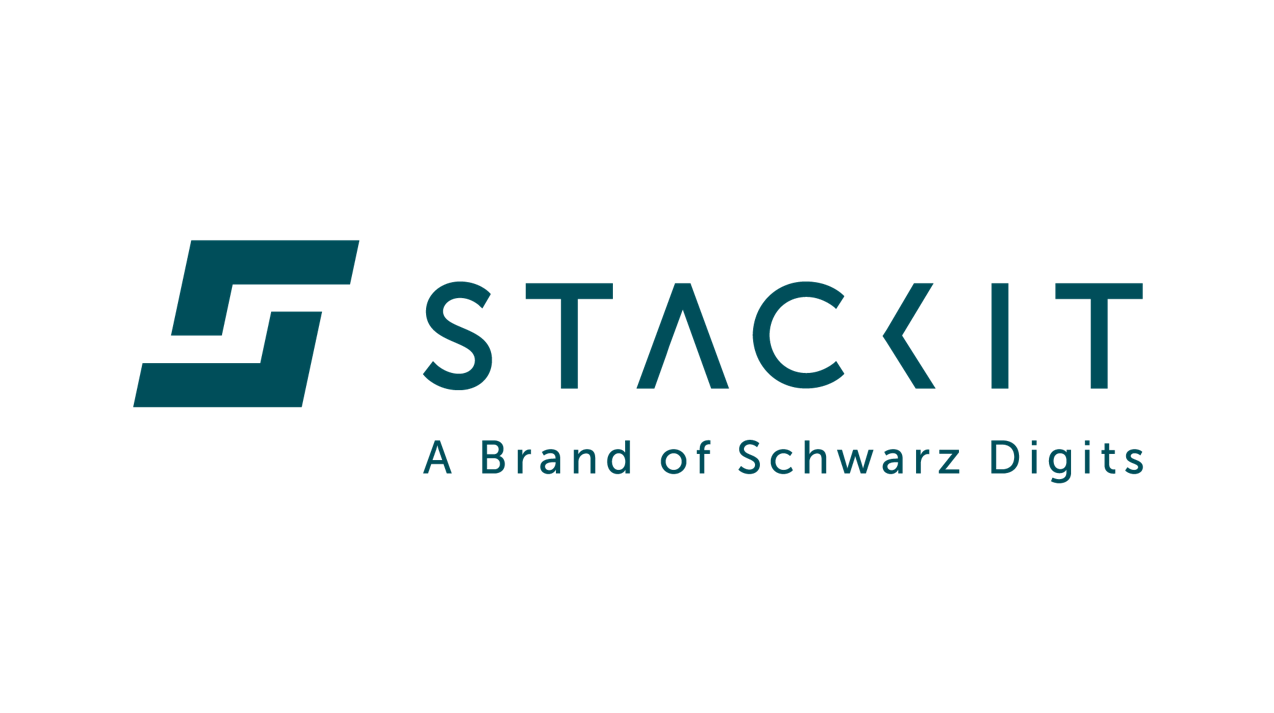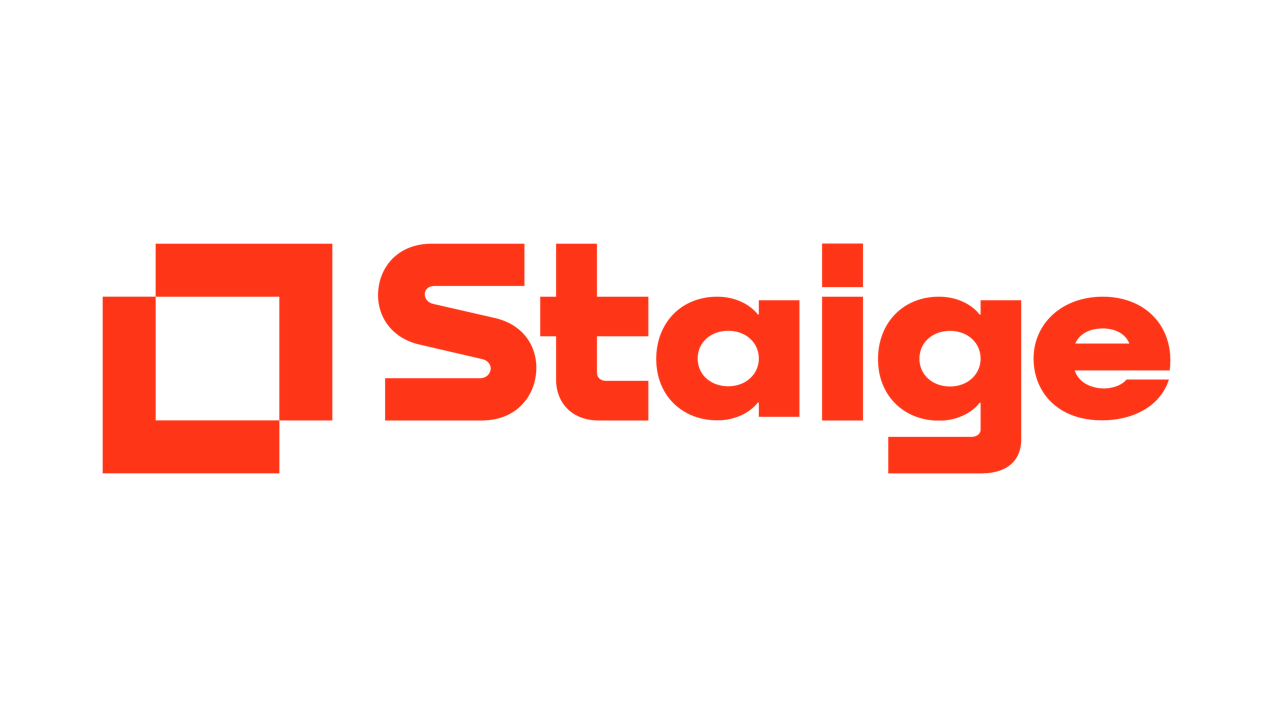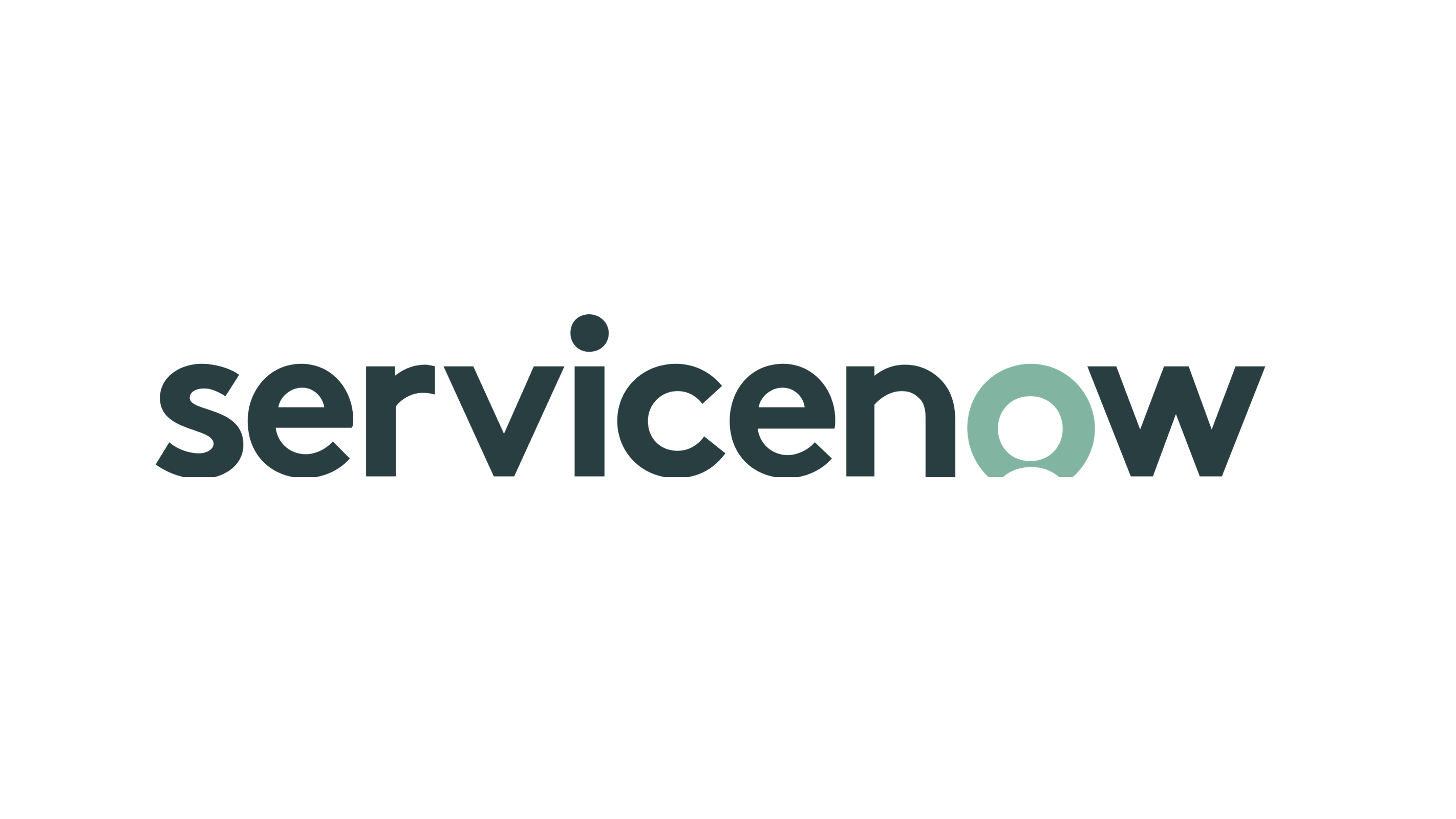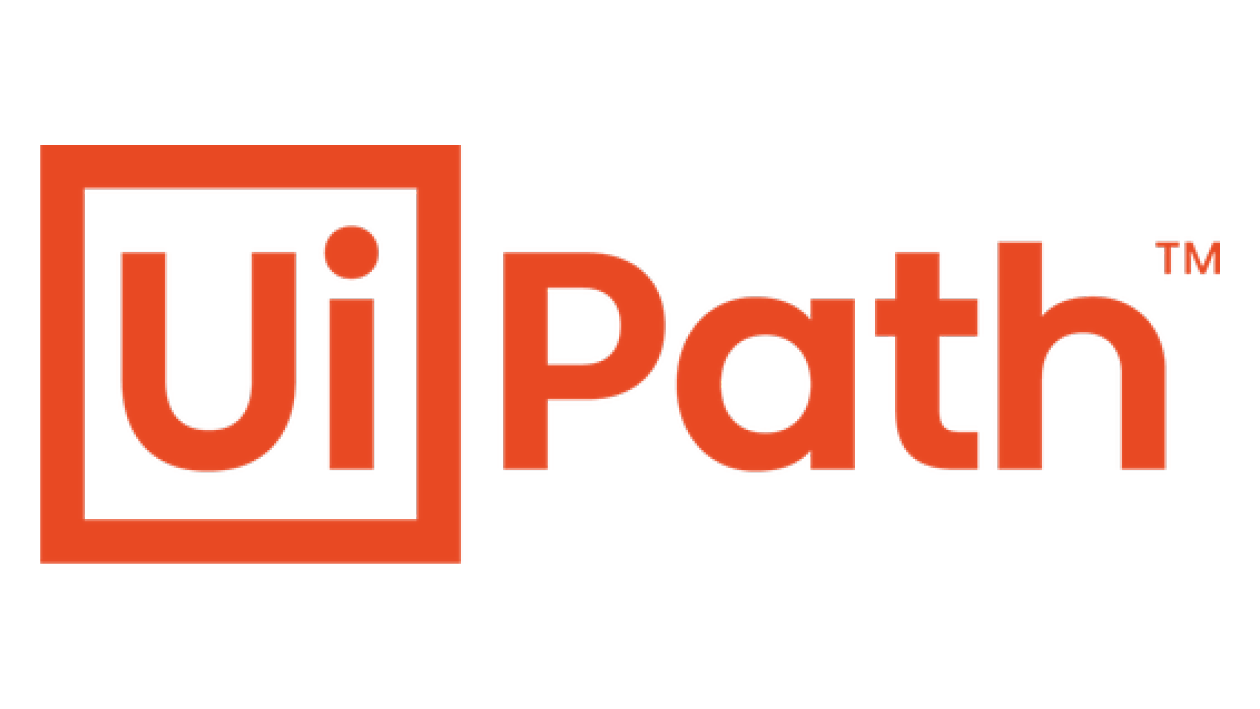The targeted use of modern technologies and digital strategies is a key success factor for transportation companies seeking to meet the growing demands for efficiency, innovation, and sustainability.
Are you familiar with these major challenges in the mobility industry?
- Skills shortage and loss of expertise: staffing shortages due to retirements and a lack of young talent – which sometimes even lead to the closure of entire lines – are jeopardizing operations and growth
- Increasing demand for employee skills: modern technologies such as cloud computing, data engineering, and cybersecurity are creating tension between traditional structures and the need for sustainable digital expertise
- Blocked innovation and automation: outdated monolithic IT systems, vendor lock-ins, proprietary interfaces, and the absence of clear IT strategies are slowing efficiency and hindering the gradual transition to modular, standardized, and open architectures based on standards like VDV 435, GTFS, SIRI, or ITxPT
- Lack of data management and cybersecurity: poor data quality, data silos, and low data maturity prevent the effective use of modern technologies
- New mobility models challenge existing system architectures: the integration of on-demand services, MaaS platforms, and sharing models into existing systems depends on effective third-party system integration


